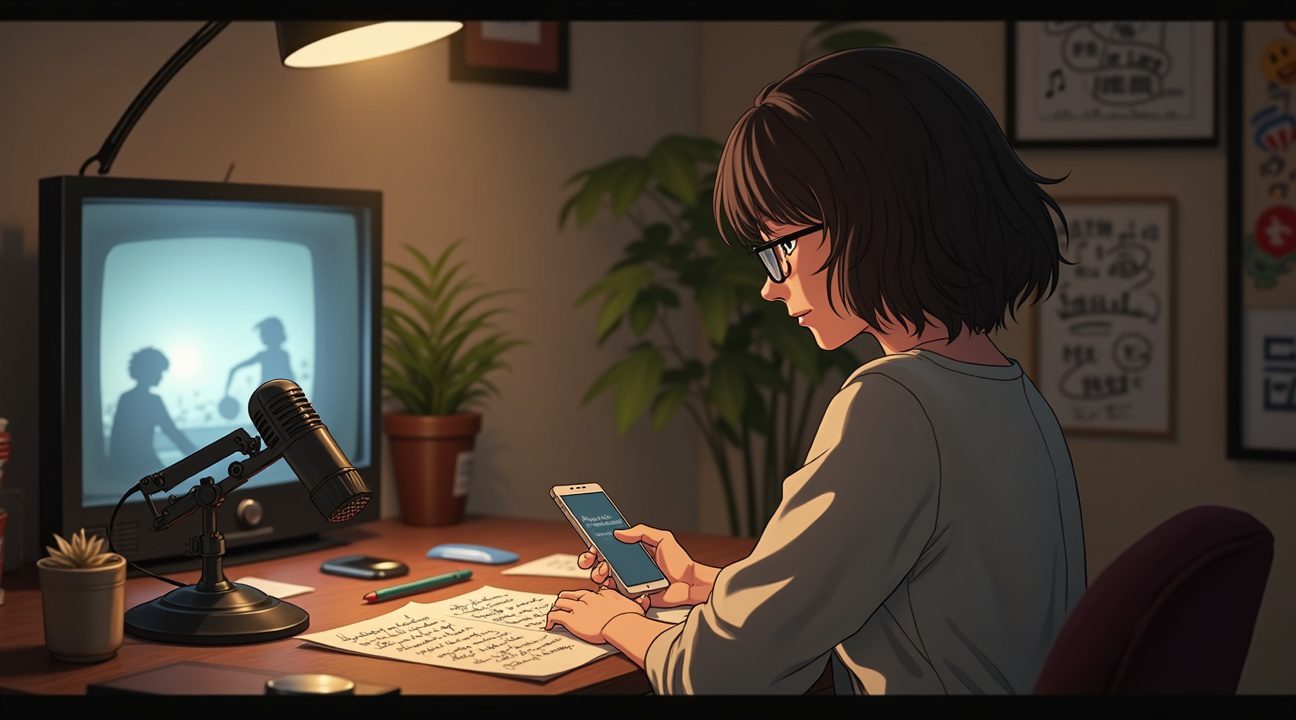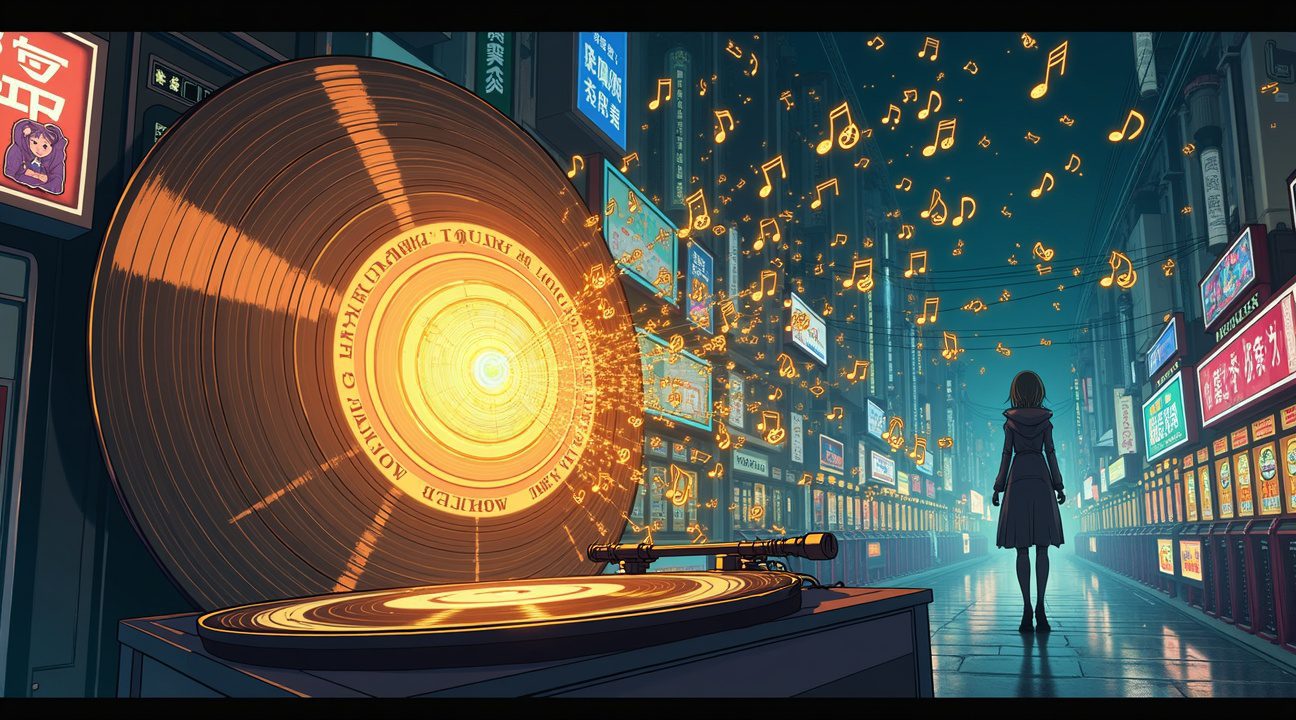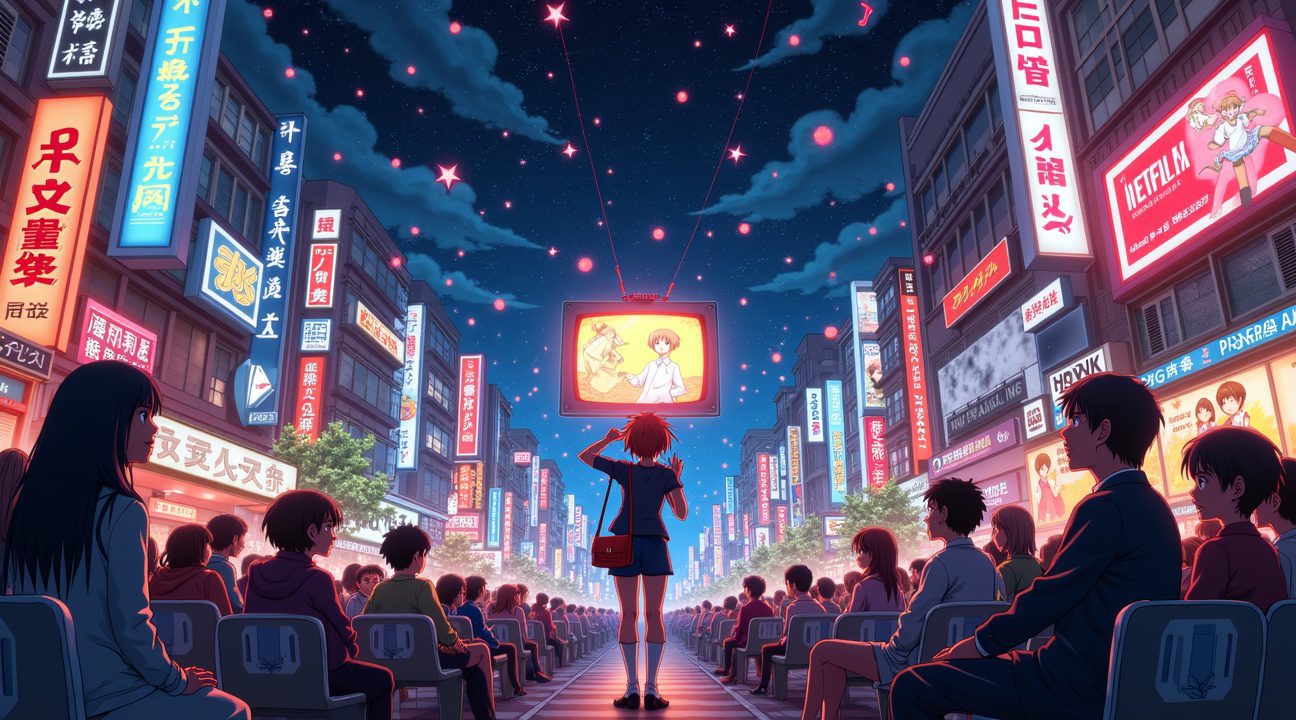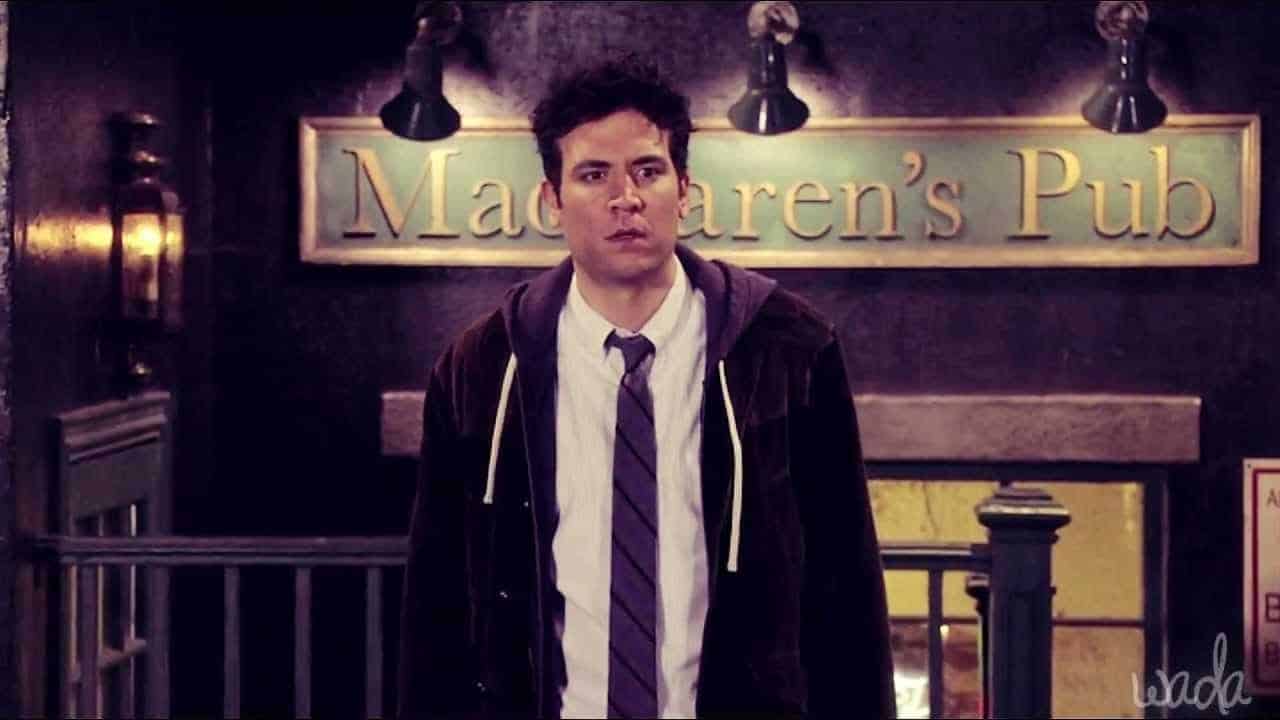Neko Oikawa, the lyricist behind Evangelion’s iconic opening theme “A Cruel Angel’s Thesis,” has once again captured public attention by admitting—remarkably, for the second consecutive year—that she still has never watched the anime series that made her song world-famous. Rather than alienating fans, her honesty has endeared her even more to audiences around the world.
Key Takeaways
- Oikawa wrote “A Cruel Angel’s Thesis” in just two hours after viewing only about two episodes of unfinished Evangelion footage, relying on philosophical themes rather than plot details.
- The song has generated over 600 million yen (approximately $5.7 million) in royalties from karaoke, pachinko machines, and more over three decades.
- Despite massive commercial success, Oikawa fell into debt after being defrauded by her ex-husband, losing most of her earnings.
- Her annual apology has become a beloved tradition among fans, often praised for her candor and humility.
- The song has reached cultural icon status in Japan, making its way into mainstream venues like weddings, school events, and TV commercials.
The Unexpected Genesis of an Anime Icon
The creation of “A Cruel Angel’s Thesis” defies expectations for what usually goes into an iconic anime theme. Oikawa was given only sparse information: rough-cut footage from two incomplete episodes and some character outlines from producer Toshimichi Otsuki. With limited plot knowledge, she turned to universal philosophical themes such as personal growth, rebellion, and existentialism.
This unconventional approach resulted in a song whose abstract and poetic lyrics struck a deep chord with listeners from all walks of life. The decision to steer away from specific details of the anime allowed the track’s emotional and thematic resonance to transcend the show’s immediate fanbase, contributing to its ongoing legacy.
Commercial Success Beyond Expectations
The track has blossomed into one of Japan’s most profitable anime songs. Karaoke rankings continually place it among the top-performed titles, and pachinko machines featuring the song bring in substantial licensing revenue. Music streaming platforms also report ongoing high play rates for the track, even decades after its original release.
Digital platforms such as Spotify and Billboard Japan frequently highlight the song’s ongoing popularity, indicating that new generations continue to discover and connect with it through social media and curated playlists.
Personal Financial Struggles
Despite the enormous royalties the song has generated, Oikawa has not reaped the expected financial benefits. She fell victim to financial fraud by her ex-husband, which left her saddled with over 70 million yen in debt.
This hardship has added emotional weight to her annual apologies. Fans have responded not with scorn, but with compassion and admiration, commending her openness in an industry that often favors carefully cultivated personas.
Cultural Impact and Legacy
“A Cruel Angel’s Thesis” has firmly established itself as a cultural mainstay in Japan. From school talent shows to weddings and sporting events, the song enjoys a life far beyond its anime roots. Its integration into such diverse moments underscores its deep cultural resonance.
Numerous cover versions—from jazz to rock to orchestral—highlight the song’s versatility and broad appeal. These reinterpretations continue to introduce the anthem to new listeners, reinforcing its status as more than just a theme song—it is a Japanese cultural pillar.
Fan Response and Community Embrace
Public reaction to Oikawa’s repeated confessions has generally been full of warmth and humor. Internet forums and platforms like Twitter regularly light up in support when her statement resurfaces each year.
Rather than being viewed as a lapse, her honesty is celebrated as a charming quirk. Fans see her honesty as a rare form of authenticity in the entertainment industry. The annual apology has become a kind of communal ritual enjoyed by many within the Evangelion fan community.
The Broader Industry Context
Oikawa’s story shines a spotlight on a quirklike reality within the anime industry. Songwriters and composers are often brought in early during production, tasked with creating music before visuals are finalized. This results in lyrics focused more on mood and theme than specific plot elements.
The unexpected success of her approach has led some studios and labels to experiment with giving artists more interpretive freedom. Her experience has become a case study in how thematic clarity—and emotional intelligence—can trump exhaustive narrative coverage when it comes to creating something timeless.
Continuing Relevance
Even 30 years later, “A Cruel Angel’s Thesis” continues to find relevance among new audiences. With the ongoing availability of the Neon Genesis Evangelion series on Netflix and related media, the song enjoys renewed attention from younger fans exploring classic anime content for the first time.
Many listeners connect with the existential themes embedded in the lyrics, mirroring contemporary concerns about selfhood, purpose, and transformation. The enduring nature of the song’s appeal showcases how something created from intuition and sparse input can become monumentally impactful.
Oikawa’s journey with this iconic track remains a testament to authenticity and the often unpredictable nature of creative legacy. It also serves as a poignant reminder that great art can come from unexpected places—and that fans will embrace honesty over polish any day.
Lyricist Neko Oikawa’s Shocking 30-Year Confession About Never Watching Evangelion
I find it remarkable that the person behind one of anime’s most iconic theme songs has never actually watched the show. Neko Oikawa, the lyricist who penned “A Cruel Angel’s Thesis” for Neon Genesis Evangelion, made headlines again on October 25, 2025, marking the 30th anniversary of the beloved opening theme.
The Annual Apology That Started a Tradition
Oikawa’s confession isn’t exactly new – this marks the second consecutive year she’s made this startling admission. The tradition began during the song’s 29th anniversary in 2024, when she first publicly revealed her secret. This year, she took to social media with a simple yet shocking message: “I still haven’t ever watched Eva. Sorry.”
Her candid honesty has transformed what could have been an embarrassing revelation into an endearing annual tradition. Fans now eagerly await her yearly updates, turning her confession into a beloved ritual within the Evangelion community. The lyricist’s transparency demonstrates how creative professionals sometimes work on projects without consuming the final product, especially in collaborative industries like anime production.
Fan Reactions: From Shock to Solidarity
The response from the Evangelion fanbase has been surprisingly positive and humorous. Many supporters expressed initial disbelief, but quickly shifted to understanding and even admiration for Oikawa’s honesty. What’s particularly fascinating is how her confession resonated with fans who found themselves in similar situations.
Several fans responded by admitting they too love “A Cruel Angel’s Thesis” despite never watching the actual anime series. This revelation highlights an interesting phenomenon in modern entertainment:
- How individual elements of a work can transcend their original context
- How songs and visuals become cultural touchstones
- How iconic works influence audiences even outside their narrative scope
The song’s powerful melody and emotional impact have allowed it to stand independently, much like how anime elements often cross over into mainstream culture.
Oikawa’s situation reflects the reality of creative collaboration, where writers, composers, and other contributors might focus intensely on their specific contributions without experiencing the complete work. Her annual apologies have become a charming reminder that even the creators behind our favorite entertainment sometimes miss out on the very content they helped bring to life. The fact that she continues to acknowledge this publicly shows remarkable humility and has only endeared her further to the fanbase she helped create through her memorable lyrics.
https://www.youtube.com/watch?v=2oD0W1aZ740

How Oikawa Created an Iconic Song in Just Two Hours Without Watching the Show
Neko Oikawa received what would become one of anime’s most legendary assignments when her manager tasked her with writing lyrics for Evangelion. I find it remarkable that she approached this project with such limited source material — viewing only about two episodes worth of content on fast-forward while the animation remained uncolored and unfinished.
The production timeline worked in Oikawa’s favor since the musical composition and Yoko Takahashi’s demo vocals were already complete. This foundation allowed her to focus entirely on crafting lyrics that would complement the existing melody and vocal style. She completed the entire lyrical composition in just two hours, demonstrating an efficiency that few songwriters could match under similar circumstances.
The Creative Process Behind “A Cruel Angel’s Thesis”
Oikawa’s approach relied heavily on philosophical inspiration rather than plot-specific details. This creative strategy proved genius because it allowed her lyrics to capture Evangelion‘s existential themes without requiring deep narrative knowledge. The song’s exploration of transformation, destiny, and inner strength resonated perfectly with the series’ psychological depth, even though she hadn’t experienced the full emotional journey of the characters.
Her decision to draw from philosophical concepts created lyrics that felt both universal and specific to anime’s global reach. The abstract nature of her writing meant that viewers could project their own interpretations onto the song, making it more emotionally resonant across different audiences and cultures.
Once Oikawa finished writing the lyrics, she considered her job complete. She felt no particular motivation to watch the series, viewing her contribution as a standalone creative task rather than part of a larger narrative experience. This professional detachment might seem unusual, but it reflects how many artists in the entertainment industry approach commissioned work — focusing on delivering quality results within their specific expertise rather than consuming the entire product.
The success of “A Cruel Angel’s Thesis” proves that sometimes creative constraints can lead to extraordinary results. Oikawa’s limited exposure to the source material forced her to rely on universal themes and emotional resonance rather than specific plot references. This approach created lyrics that have remained timeless and continue to captivate new generations of fans, even as anime storytelling evolves across different series and genres.
YouTube URL:
https://www.youtube.com/watch?v=t-QSmNReDyI
The Staggering Financial Success of ‘A Cruel Angel’s Thesis’
Massive Royalty Earnings from Unexpected Sources
‘A Cruel Angel’s Thesis’ has generated extraordinary wealth for its lyricist Neko Oikawa, accumulating over 600 million yen (approximately US$5.7 million) in royalties throughout its three-decade lifespan. The song’s financial success stems primarily from two unexpected revenue streams that showcase how anime music captures global audiences.
Karaoke performances contribute significantly to these earnings, with each rendition generating approximately one yen for Oikawa. Given the song’s enduring popularity across Japan’s extensive karaoke culture, these small payments accumulate into substantial sums year after year.
Pachinko machines represent an even more lucrative revenue source, generating at least 30 million yen (US$250,000) annually for the songwriter. During peak years, pachinko royalties alone reached an astounding 100 million yen (US$951,000), demonstrating the gambling industry’s appetite for recognizable theme music.
Personal Financial Devastation Despite Professional Success
Despite this remarkable commercial achievement, Oikawa’s personal financial journey tells a far darker story. She revealed that her ex-husband defrauded her of most earnings from the iconic theme song, leaving her in severe financial distress following their divorce. The legal and personal fallout resulted in Oikawa facing 70 million yen (US$666,000) in debt, effectively wiping out years of accumulated royalties.
This situation highlights how creative professionals can face exploitation even when their work achieves massive commercial success. Oikawa’s experience serves as a cautionary tale for artists who may not fully understand the business aspects of their creative output. Her story adds another layer of complexity to the already unusual narrative surrounding Evangelion’s theme song, where the writer admits to never watching the series that made her wealthy, only to lose that wealth through personal betrayal.
The contrast between the song’s continued financial performance and Oikawa’s personal struggles illustrates how intellectual property can continue generating revenue independently of its creator’s circumstances. ‘A Cruel Angel’s Thesis’ remains a cornerstone of anime culture, generating income streams that extend far beyond traditional music sales into Japan’s entertainment infrastructure.

From Anime Opening to Cultural Phenomenon Across Three Decades
When “A Cruel Angel’s Thesis” first aired alongside Neon Genesis Evangelion on October 25, 1995, few could have predicted its extraordinary journey to become one of anime’s most recognizable opening themes. The song didn’t just accompany the series premiere – it embedded itself deep into Japanese popular culture over the following three decades.
The Rise to Legendary Status
The track achieved something rare in anime music: genuine mainstream recognition beyond its original context. In Japan, karaoke establishments witness countless performances of this opening theme nightly, with singers spanning multiple generations attempting its memorable melody. The song’s staying power comes from its perfect balance of emotional intensity and melodic accessibility, making it as appealing to casual listeners as it is to devoted fans.
J-pop artists have repeatedly turned to this classic for inspiration, creating numerous covers that demonstrate its musical versatility. These reinterpretations have helped introduce the song to audiences who might never have encountered the original anime, expanding its cultural footprint far beyond traditional otaku circles. The track’s influence on Japanese popular music cannot be overstated – it’s become a touchstone that connects anime culture with mainstream entertainment.
Global Recognition with Regional Limits
While “A Cruel Angel’s Thesis” enjoys massive popularity throughout Japan and significant recognition in various international markets, its cultural penetration in the United States remains notably more limited. This disparity highlights the complex nature of cultural export and the specific ways different regions embrace anime content.
The song’s enduring appeal speaks to something fundamental about its composition and performance. It captures the existential themes that made Evangelion itself such a cultural force, translating complex emotions into a format that resonates across language barriers. Fans worldwide recognize those opening notes instantly, even if they can’t sing along in Japanese.
This cultural phenomenon extends well beyond simple nostalgia. New generations of anime fans continue discovering the song through streaming platforms and anime series recommendations, ensuring its relevance persists. The track has become a gateway piece for many newcomers to anime, serving as their first exposure to the medium’s musical sophistication.
The song’s composer created something that transcended its original purpose as a television opening theme. Instead of merely setting the mood for each episode, “A Cruel Angel’s Thesis” became an anthem that represents not just Evangelion, but anime culture itself. Its impact can be measured not only in sales figures and streaming numbers, but in its ability to unite fans across cultural and generational divides.
In Japan’s cultural landscape, the song occupies a unique position where it bridges entertainment categories. It appears in contexts far removed from anime – from variety shows to commercial advertisements – demonstrating how thoroughly it has integrated into the national consciousness. This level of cultural saturation is exceptionally rare for any piece of media, let alone an anime opening theme.
The track’s three-decade journey from anime opening to cultural institution illustrates how certain pieces of music can achieve a life entirely separate from their origins. While American audiences may recognize it primarily within anime contexts, its broader cultural significance in Japan represents a fascinating case study in how entertainment media can evolve beyond its initial medium. The song stands as testament to the power of well-crafted music to transcend boundaries and create lasting emotional connections across diverse audiences.
https://www.youtube.com/watch?v=0kFhPVAhV_o

Fan and Industry Response to Oikawa’s Admission
Fans have embraced Oikawa’s honest confession with surprising warmth and understanding. Rather than expressing disappointment, the anime community has largely celebrated the composer’s transparency. Many supporters have pointed out that the emotional depth of “A Cruel Angel’s Thesis” speaks to universal themes that don’t require intimate knowledge of the series itself.
Anime’s global reach has created scenarios where creators and audiences connect across different entry points, and Oikawa’s situation exemplifies this phenomenon perfectly. Social media platforms have filled with fans sharing their appreciation for how the song captures the essence of youth, rebellion, and existential questioning that defines the Evangelion experience.
Cultural Legacy Beyond Viewing Requirements
The track’s position in Japanese popular culture remains unshakeable, consistently ranking among the top karaoke selections across the country. Fan covers continue to proliferate on platforms like YouTube and TikTok, with each generation discovering new ways to interpret the composition. These organic expressions of appreciation demonstrate that Oikawa’s work has achieved something rare: cultural independence from its source material.
Industry professionals have also rallied around Oikawa’s admission. Several prominent anime composers have shared similar stories about creating music for series they hadn’t fully experienced. This revelation has sparked broader conversations about the collaborative nature of anime production, where different creative teams often work in parallel rather than sequential processes.
Recent commemorative projects have further solidified the song’s lasting impact. Yoko Takahashi’s new music releases have drawn explicit connections to her original Evangelion work, creating bridges between past and present that honor both the series and Oikawa’s contribution. These projects have generated fresh interest in the original composition while introducing it to newer audiences who might discover modern anime series through different pathways.
Music industry analysts have noted that Oikawa’s situation highlights a broader truth about memorable compositions:
- They often transcend their original context.
- They become cultural touchstones.
- They engage audiences beyond traditional fans.
The song’s enduring popularity in karaoke establishments, its frequent use in memes and social media content, and its recognition even among non-anime fans all point to a creative achievement that stands independently.
Oikawa himself has repeatedly expressed gratitude for the song’s continued relevance, acknowledging how the anime community’s passionate support has sustained both the track and the series over three decades. His humble appreciation for fans who have kept the music alive demonstrates the reciprocal relationship between creators and audiences that defines successful artistic collaboration.
https://www.youtube.com/watch?v=t-QSmNReDyI
Sources:
Blank


